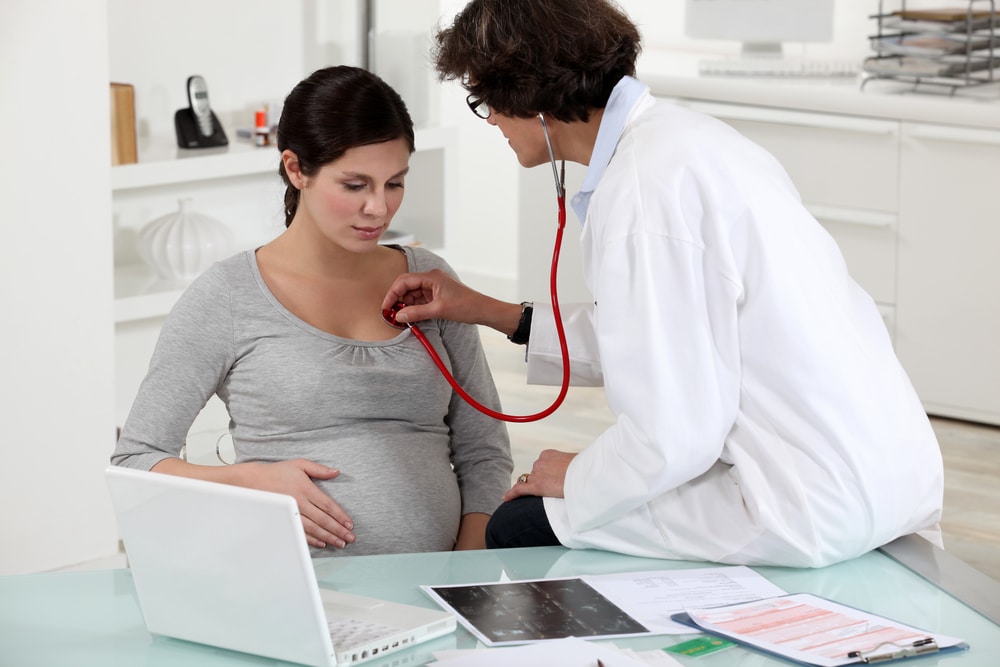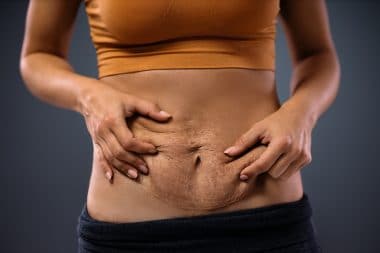The minute you find out your are pregnant you are bombarded with information. From future doctors appointments, ultrasounds, preferences on care, genetic testing yes or no, changes your body is going to make and the growth of your baby each week. One of the biggest things that I think people focus on when they are first told they are pregnant is what they CANNOT do. People struggle with that being told to not do something. When you are a kid and your parent says don’t go in that guest bedroom all you can think of doing is getting yourself into that guest bedroom to see whatever it is that’s kept secret in there. So when something as big as a pregnancy happens you tend to hear the can’t before you hear the things you still can do. The nurse can start off with a list of things you can’t do, hot tubs, roller coasters, water slides. And after you hear those three things you think am I ever going to have fun again? Not only those but then they get to the food side of things and boy does the list seem long on the foods you can’t eat. The list of food becomes those things that you just feel like you want so bad, like getting yourself into that guest bedroom. Â
What foods to stay away from while pregnant:
High Mercury Fish: mackerel, tuna, swordfish, shark
Deli Meats: This is because deli meats can carry a bacteria, listeria, that can cause miscarriages. The bacteria will cross into the placenta and hurt the baby. If you absolutely have to have a deli meat sandwich make sure that you heat the meat up to 165 degrees. Try to avoid cold cuts and meats that are behind a deli counter that you don’t know how long they have been sitting out for.Â
Raw Eggs: raw eggs can carry salmonella. Try to stick to scrambled eggs. Over easy eggs can have listeria as well.Â
Raw Vegetable Sprouts: alfalfa, clover, radish, mung beans. These sprouts can carry bacteria that is almost impossible to wash away completely.Â
Caffeine: Your doctor may say that caffeine in moderation is ok. Large amounts especially in the early months can cause miscarriages, also caffeine can cause calcium and water loss.
Unpasteurized juice: Fruit stands and farmers markets juices may not be pasteurized. The pasteurization process kills bacteria and toxins.
Undercooked meats: Well done meat only. This helps you avoid food poisoning or salmonella.Â
Soft Cheese: camembert, brie, feta, blue queso, queso fresco, queso blanco. This is usually because these cheeses are unpasteurized. If you buy these make sure it says on the package that the cheese has been pasteurized.Â
Unwashed fruits and vegetables: These can carry toxoplasma parasites. Make sure you thoroughly wash all your fruits and vegetables.Â
Alcohol: Any amount of alcohol can cause fetal alcohol syndrome and other congenital disabilities. Â
This list does seem long and it seems like how can you cut out so much. It does seem like a lot, and there are somethings that you may think are “no brainers” to cut out and others that you may think all I want is a deli sandwich now.Â
The nutrition you need changes when you are pregnant. Amounts of vitamins changes, it obviously increases, you are growing a tiny human in you. Your prenatal vitamin will give you a lot of things to help make up for what you miss daily in your diet, but you do need to realize that your diet may need to shift a little.Â
Daily nutrient chart for a female:
- Calcium 1000mg Iron 17.0 mg
- Vitamin A 700 microgram Vitamin C 75mg
- Vitamin D 500 IU Vitamin B6 1.3 mg
- Vitamin B12 2.4 microgram Folate 400 microgram
What you need daily while you are pregnant:
- Calcium 1000mg Iron 27mg
- Vitamin A 770 micrograms Vitamin C 85 mg
- Vitamin D 600 IU (international units) Vitamin B6 1.9mg
- Vitamin B12 2.6 micrograms Folate 600 micrograms
What you need when you are pregnant increases almost in every nutrient level. Calcium is the same but besides that every other vitamin increase. This can make how you eat have to change or alter. You may need to switch out somethings you eat to get all these nutrients in.Â
Here are some foods that can help you get the nutrients you need while you are pregnant.
Dairy: yogurt is a good source of dairy as well as milk. Make sure that all your dairy is pasteurized. Â
Legumes: lentils, peas, beans, chickpeas, soybeans, peanuts. These will give you protein, fiber, iron, vitamin B9 and calcium.
Sweet potatoes: high in beta carotene, it turns into vitamin AÂ
Salmon: Salmon is not a high mercury fish so it is on the ok list to eat, but in moderation. Limit how much is consumed because though it is low in mercury it can still cause mercury poisoning if you eat too much. Salmon is full of omega 3 fatty acids and it helps build the brain and eyes of the fetus.Â
Eggs: nutrient high, and a source of protein. Make sure scrambled, fully cooked.Â
Leafy greens: broccoli, kale, spinach. These will help prevent constipation, gives you fiber, vitamin C, vitamin K, vitamin A, calcium, iron, folate, and potassium.
Lean meat: beef, pork, chicken. High quality protein, high in iron.
Berries: strawberries, raspberries, blueberries, black berries. Easy water source, healthy carbs, vitamin C, fiber, antioxidants.
Whole grains: oats, quinoa. Help meet calorie intake and are packed with fiber, vitamins, and plant compounds.
Avocados: monounsaturated fatty acids, high fiber, B vitamins, vitamin K, potassium, vitamin E, vitamin C.
Dried Fruits: high in calories, fiber, and vitamins. Same nutrients as fresh without the water. Easier to pack as snacks.
Water: shoot for 68 oz/ day. While pregnant it is easier to become dehydrated.Â
There are lots of healthy things to still eat while you are pregnant that taste delicious. As long as you don’t get yourself caught up on focusing on what you can’t eat, there is still plenty of food choices to keep you healthy and satisfied. Make sure you are taking a daily prenatal vitamin. If you have any specific food questions make sure to talk with your doctor. The goal is a healthy pregnancy not to make life harder by having to eat more and cutting foods out of your diet. Try to keep a good healthy balanced diet while pregnant and even when you aren’t pregnant. Now is the time to make healthy choices for you and your growing baby.Â
Watch What You Eat When Pregnant - Foods To Avoid Here! #HealthStatus
Sources:
Health.harvard.edu
facay.com
healthline.com








Reply